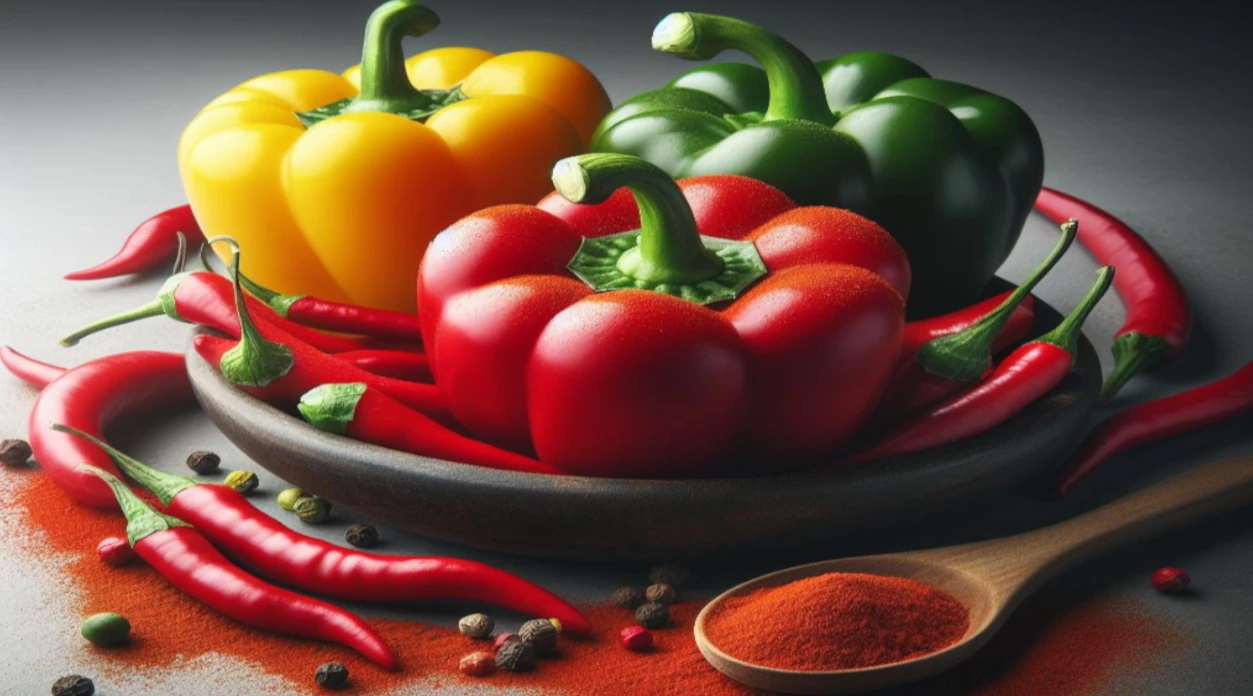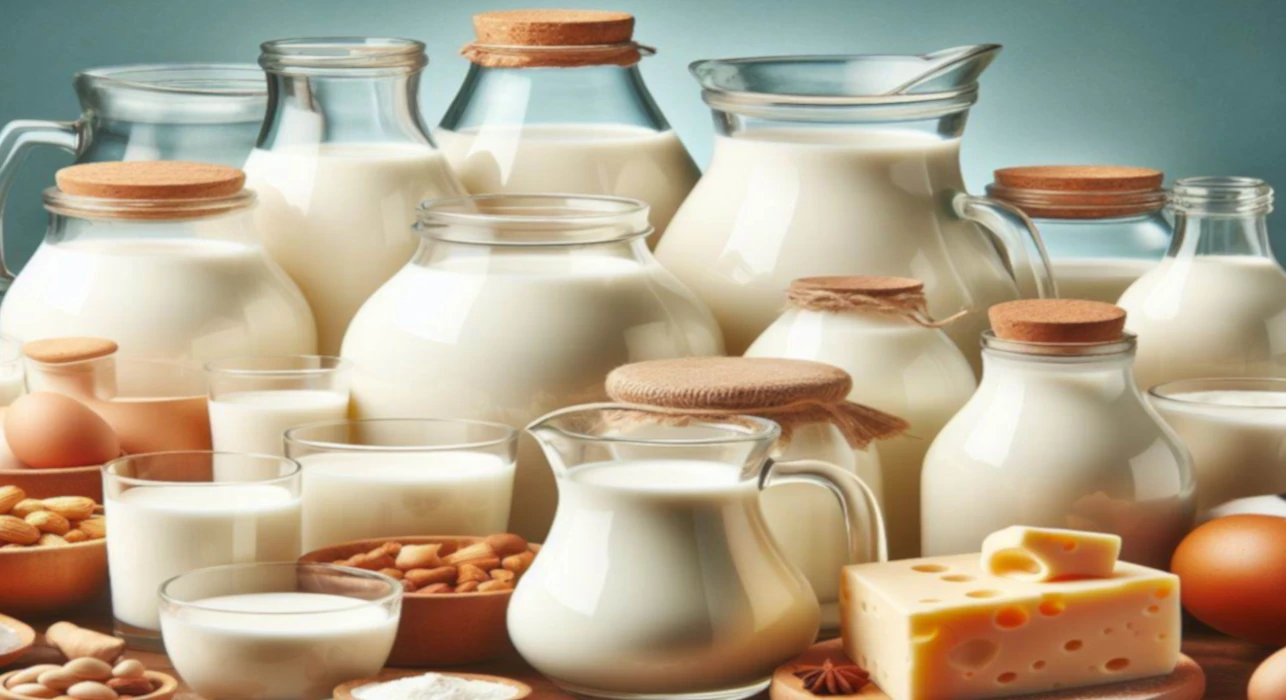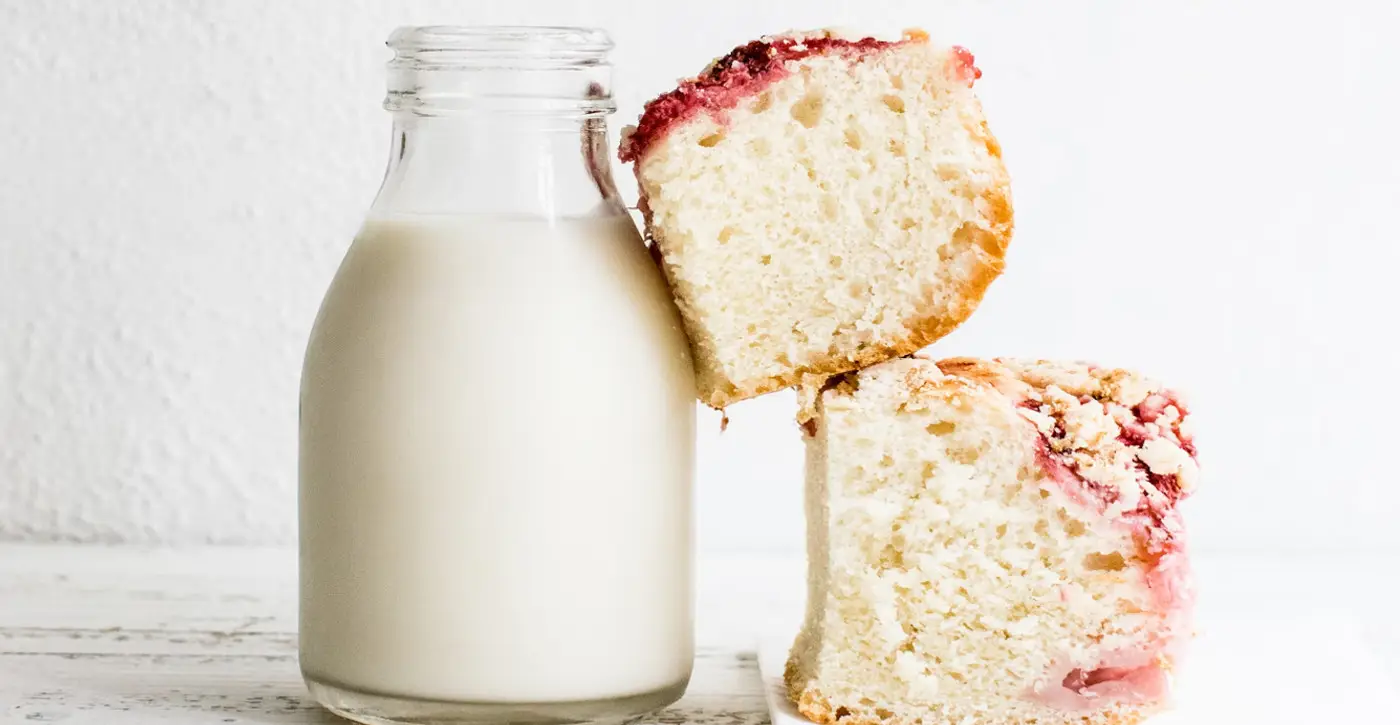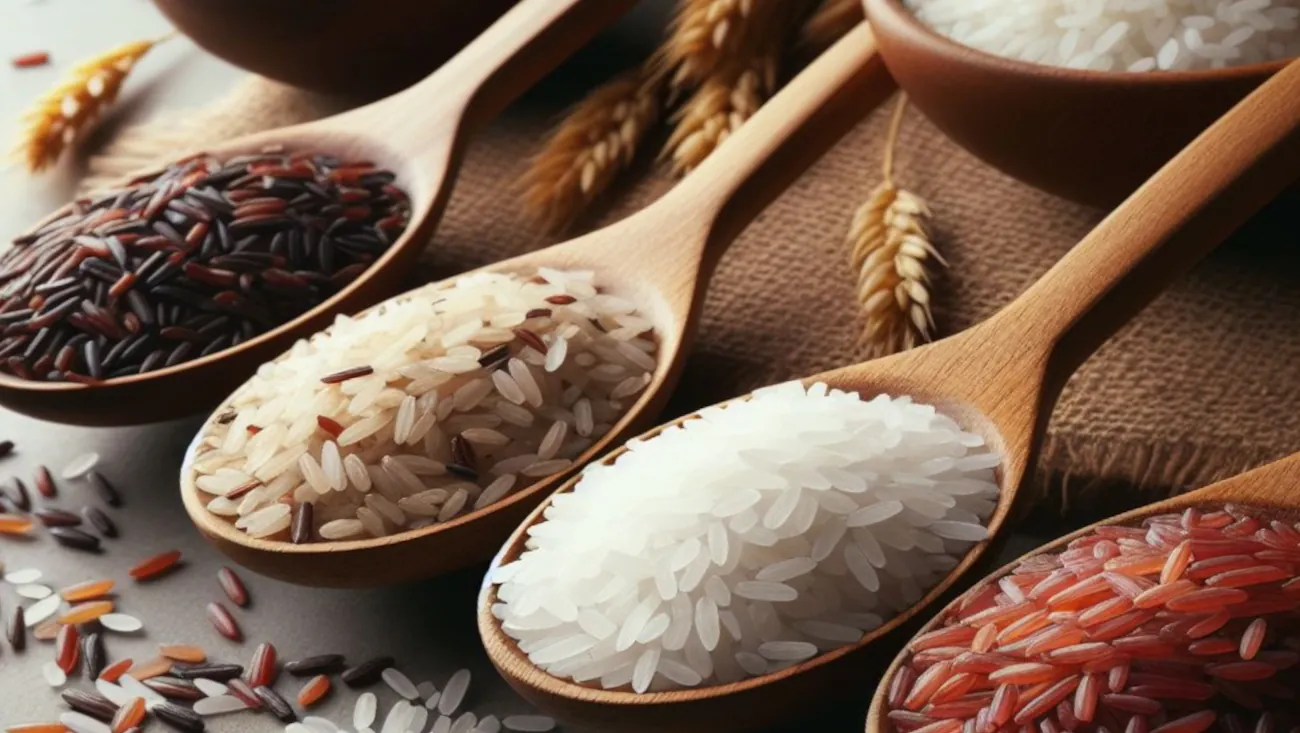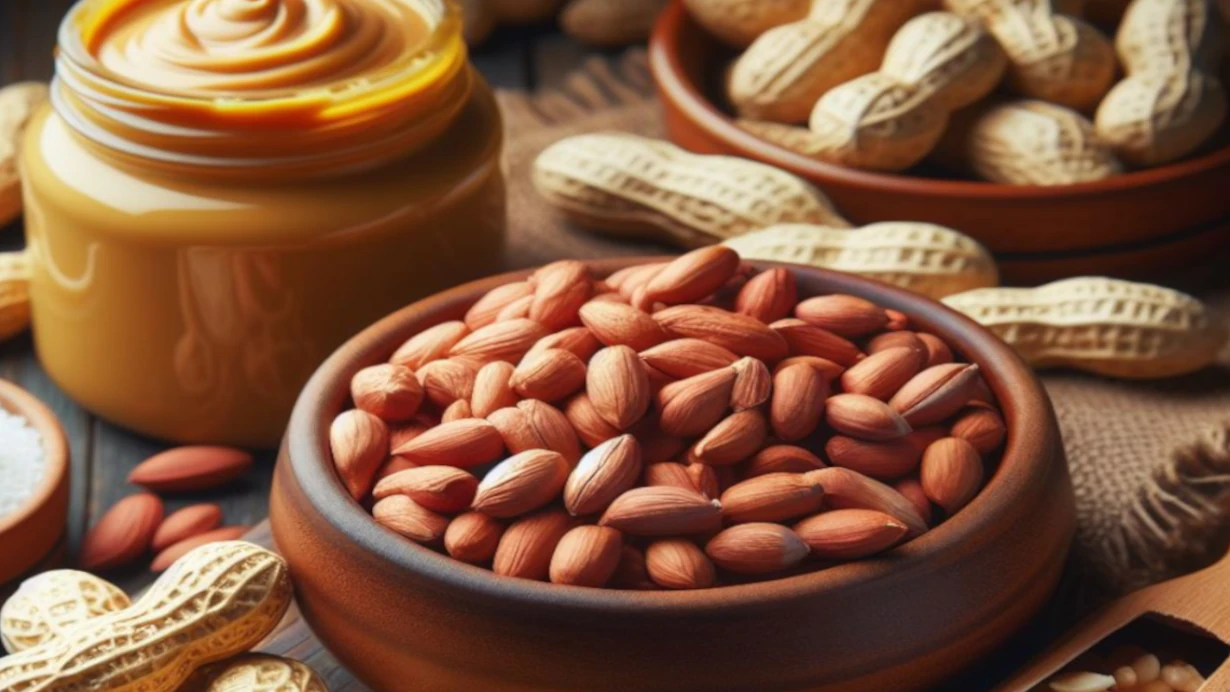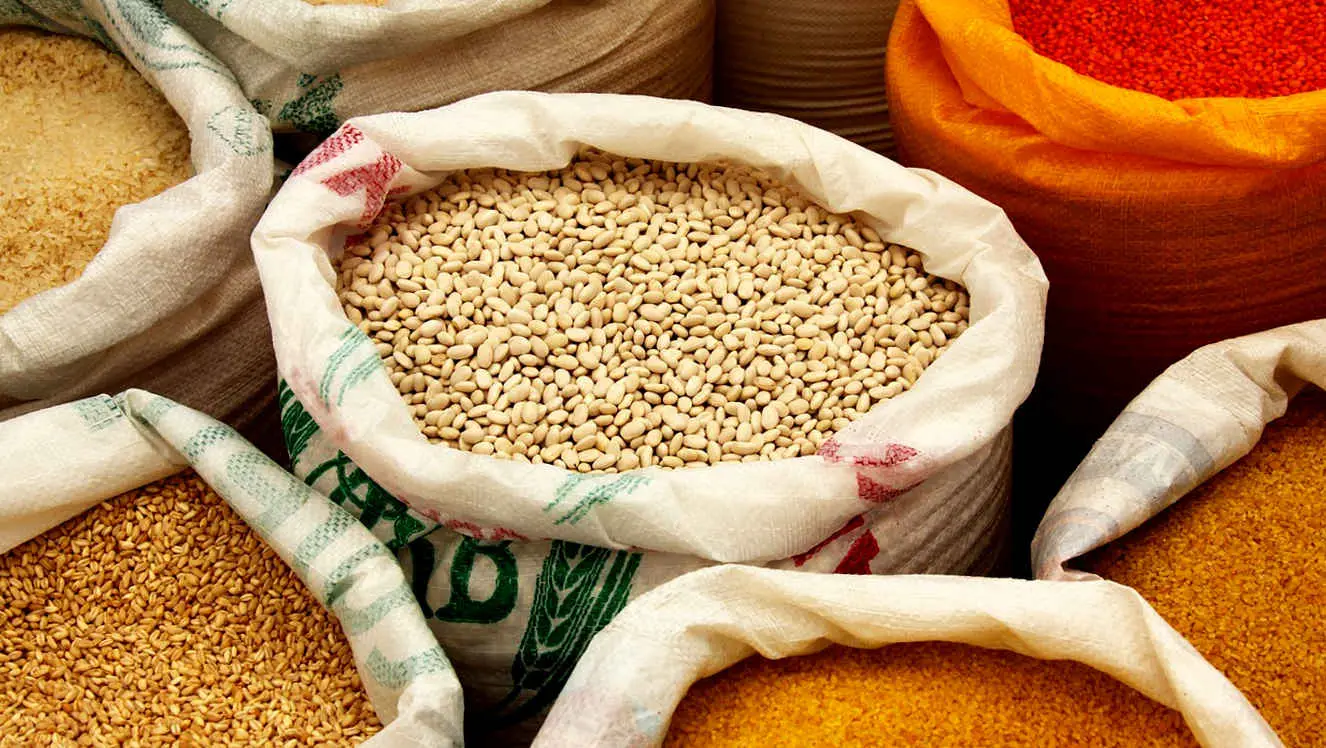Nutritional Yeast Lysine and Arginine Info Sheet
Overview
Nutritional yeast is a deactivated yeast that is used as a food product.It is a significant source of some B-complex vitamins and can be used as a replacement for cheese in many recipes.
Nutritional yeast is a popular food product used in cooking. It is known for its cheesy flavor and is often used in vegan cooking.
It’s a particularly good source of lysine for people who are vegan or do not eat dairy.
| Name | Lysine (mg/100g) | Arginine (mg/100g) | Ratio |
|---|---|---|---|
| Nutritional Yeast | 4590mg | 2550mg | 1.8 |
Nutritional Yeast contains 4590mg of Lysine and 2550mg of Arginine per 100g of product.
This means Nutritional Yeast has a high Lysine-Arginine ratio of 1.8.
Because Nutritional Yeast contains much higher levels of lysine than arginine, it is highly recommended for people who suffer from herpes, as it may prevent outbreaks.
Lysine Considerations
Nutritional yeast is a good source of lysine. Lysine is an essential amino acid that is important for protein synthesis and collagen formation.
It is one of the nine amino acids that the human system cannot make by itself, so it has to come from the food we eat.
Lysine has different functions in the body, such as helping with growth, healing, energy, immunity, and collagen production.
Lysine may also have some effects on the herpes virus, which causes cold sores and genital sores.
Studies have suggested that taking lysine supplements or applying lysine cream may help prevent or treat these infections by blocking the amino acid arginine, which the virus needs to grow.
Arginine Considerations
Nutritional yeast contains a moderate amount of arginine. Arginine is a semi-essential amino acid that is important for wound healing and immune function.
Arginine can improve your health and performance, such as lowering your blood pressure, healing your wounds, and boosting your exercise endurance.
Arginine can be made by the human system or obtained from foods like meat, dairy, nuts, and soy.
Unfortunately, the herpes virus is known to "feed" on arginine, and having a diet higher in arginine than lysine may increase the occurrence and severity of cold sores and herpes outbreaks.
Lysine-Arginine Ratio
Nutritional yeast has a higher lysine to arginine ratio. This may be beneficial for individuals who are managing conditions such as cold sores or herpes, which can be affected by the balance of these two amino acids in the body.
Both lysine and arginine are essential for protein synthesis and various other bodily functions.
They, however, have opposing effects on the herpes simplex virus, which causes cold sores and genital herpes.
Lysine can inhibit the replication of the virus, whereas arginine can stimulate it.
Thus, a diet rich in foods with a high lysine to arginine ratio may help reduce the occurrence and severity of herpes flare-ups.
Foods that have a high lysine-arginine ratio include dairy products products, fish, poultry, fruits, and vegetables.
These foods can provide the body with enough lysine to compete with arginine and inhibit the virus from replicating and causing flare ups.
Dietary Considerations
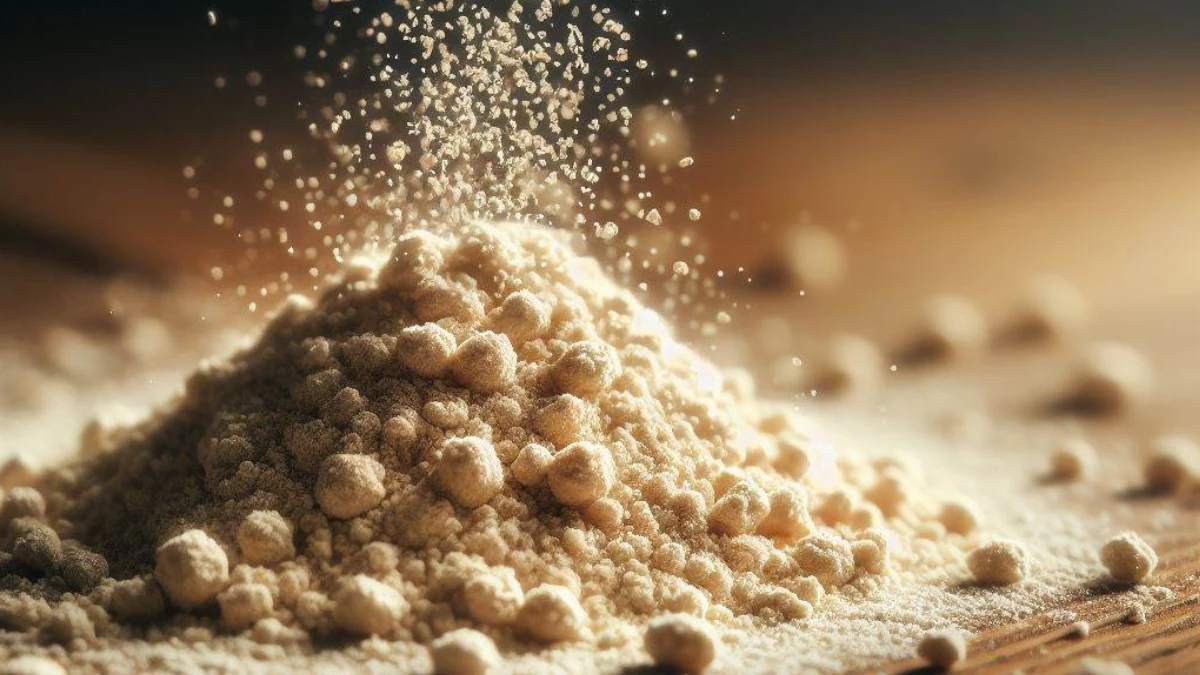
For example:
Eating a balanced and nutritious diet that supports your immune system and reduces inflammation.
This means consuming plenty of fruits, vegetables, whole grains, lean protein, and healthy fats, and avoiding processed foods, added sugars, alcohol, and caffeine.
You may want to take l-lysine supplements.
L-lysine is known to prevent herpes outbreaks and it can help stop a cold sore in its initial stages by "starving" the virus of arginine before it has a chance to cause a cold sore.
Taking other food supplements that can improve your immunity and protect your cells from oxidative stress, such as vitamin C, zinc, selenium, and antioxidants.
Your immune system can be weakened and inflammation can be increased by foods that can cause allergic reactions or sensitivities, such as gluten, dairy, nuts, eggs, or shellfish.
Avoid these foods to avoid outbreaks.
Try eating foods that can enhance your immune system and reduce inflammation to avoid outbreaks.
Some of these foods are honey, yogurt, aloe vera, and chamomile.
They can also help you with your symptoms by easing pain, swelling, and itching, and accelerating your recovery.
Check more food information
